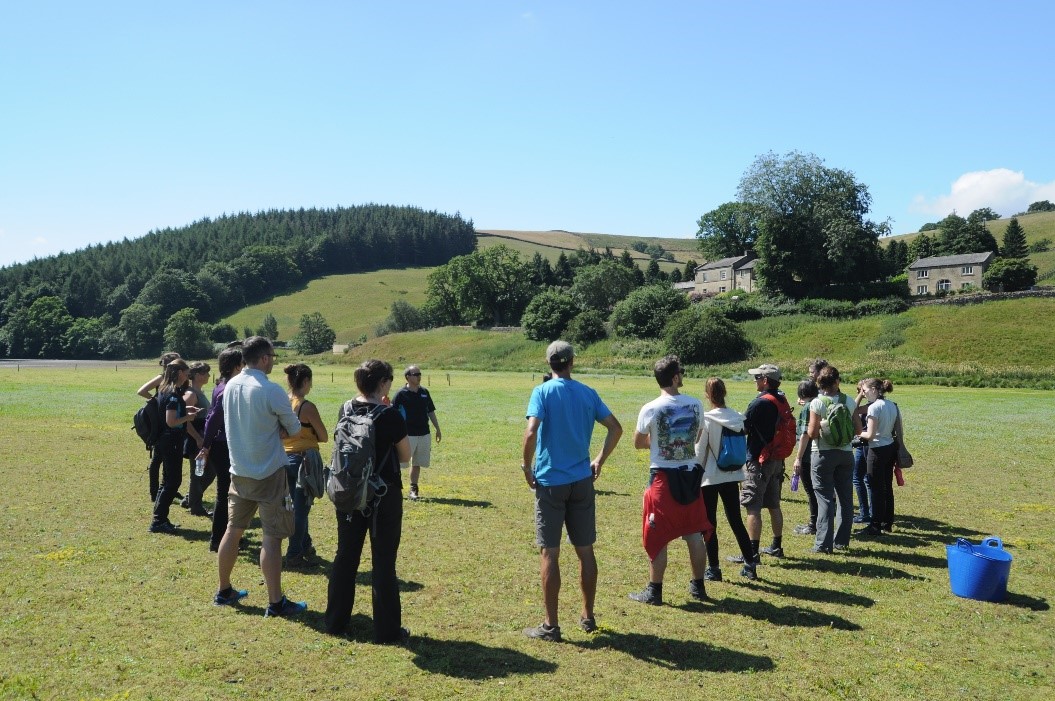About Euroflow

The regulation of river flows is one of the biggest stressors affecting river ecosystems across the world. In many westernised countries, major legislative efforts are therefore underpinning the development of new approaches to mitigate the impacts of river flow regulation. These approaches are based on optimising the management of river flows to maintain services to humans (e.g. water supply, hydropower) whilst protecting and/or rejuvenating the aquatic environment with water of adequate quantity and quality in space and time (i.e. environmental flows, aka e-flows). In this context, a field of applied aquatic science has developed to generate an evidence base for the best ways to manage the quantity, quality and patterns of e-flows to sustain river ecosystems. EUROFLOW will train a cohort of researchers to be future leaders in the science, business and policy of this field.
EUROFLOW ESRs will develop new theoretical and empirical insights via ground-breaking experimental manipulations, large-scale field surveys and the development of cutting-edge models to inform the management of water flows and aquatic ecosystems in river basins. Future research leaders will be developed through advanced training in:
- River ecosystem science,
- Transferable scientific and life skills, and
- Collaborative working with international and inter-sectoral networking.
The consortium will progress the field of e-flow science and management intellectually by establishing work on 15 linked projects, catalysing communications amongst 23 institutions (and beyond to their wider networks), and enabling intellectual cross-fertilisation both during the project and into the future.
EUROFLOW will address the need to develop novel scientific understanding for the field of e-flows via four inter-related scientific work-packages:
- Abiotic environment dynamics,
- Aquatic biodiversity,
- Ecosystem processes and
- Developing models to underpin socio-economic and policy decision making, integrating information from all the wor-packages previously mentioed.
Collaboration between work packages is designed to combine diverse expertise in field surveys, experimental manipulations and numerical modelling, to create synergistic scientific outcomes and cross-sector mobility. The available field and experimental facilities incorporate mountain, upland and lowland locations across Europe, and include infrastructure used for water supply, hydropower and agricultural abstractions. EUROFLOW will be of major benefit to the water, hydropower and industrial sectors, environmental agencies and policy-makers and contribute to the European Commission and the EU Water Alliance meeting its own priorities regarding sustainable management of water resources. The project will also have global policy relevance, by helping to address several key Global Action Agenda items of the Brisbane Declaration on e-flows, and by developing new knowledge necessary for meeting the targets of the IUCN Aichi Convention on Biological Diversity.
Please contact Professor Lee Brown with queries relating to the project.
